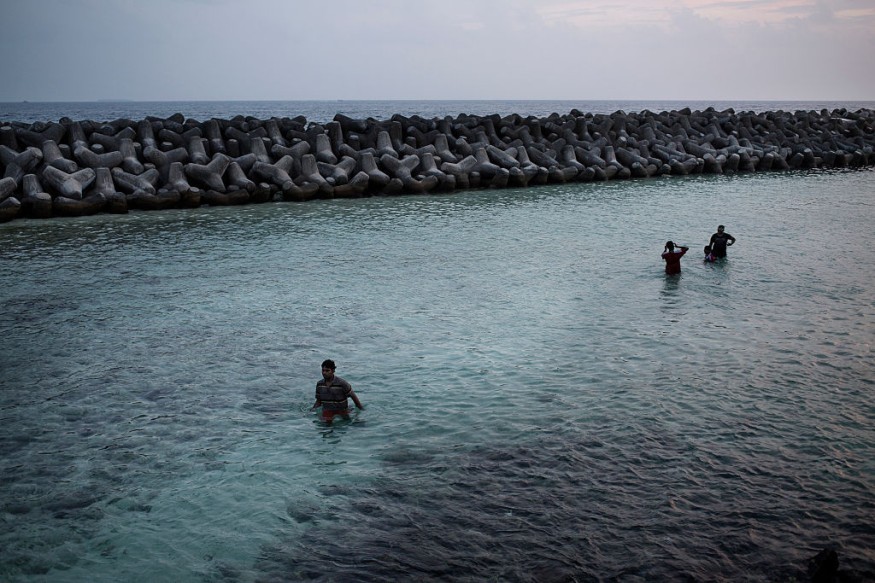Global warming already has a significant influence on the geographical area, and its effects will likely to increase as the speed of global warming increases, posing significant livelihood issues.
Modification is prominently covered on the COP26 action plan, along with the Glasgow Transformation Expedient, which assesses actions made and intervention required to satisfy the Paris Agreement goal of acclimation and advertise a much lower carbon years ahead for all, especially the most disadvantaged populace and ecologies.

The United Nations Climate Summit (COP26) is now proceeding in Glasgow, where international representatives are debating what needs done to solve the environmental issue and making promises to undertake particular steps.
Despite this, coastal villages are collapsing under pressure of billions of dollars in destruction, and they are concerned that global warming may exacerbate the situation. The Great Lakes region contains one-fifth of the world's fresh water, and far more than 34 million reside there, sustaining a $5 trillion economy if it were a sovereign, it is one of the biggest in the planet.
The Threat of Global Warming
Global warming is expected to completely change the variety and dissemination of some marine species, boost the occurrence and intensity of toxic algal blooms, intensify flood plain damage, develop new risks from exotic species, degrade beach safety, and displace or eradicate native wildlife.
Sea levels are up by two meters in certain sections of the Great Lakes basin, eroding coastlines, sweeping away dwellings, ruining roadways, endangering facilities such as water systems, and disturbing Native Peoples' age-old customs.
According to the 2019 Audubon Report Survival by Degrees, 64% of migratory birds throughout reproduction and non-breeding periods are immensely prone to climatological transition. This implies extra open water throughout cold season, narrower ice, and less of the fishing that is so prevalent with ice fishermen.
Elevated floodwaters blocked roadways, swamped primitive campsites, and deferred 60 wedding ceremony at the renowned Boat House, a more than 100-year-old sculling hub, on the 398-hectare Belle Isle State Park in 2019. In rebuttal, the government paid $2 million in 2020 on tiger dams, huge, provisional, water-filled berms, to maintain water from swamping residences.
Detroit is a historic metropolis with integrated stormwater and sewer pipes that spill with runoff and untreated wastewater after severe rain storms.
Also read : Disastrous 'Perfect Storm' on Halloween Still Remains a Haunting Weather Event After 30 Years
Preparing in Adapting to Climate Change
By the turn of the era, Detroit is expected to see a considerable rise in the frequency of hotter days, as many as 65 days over 32.2°C. High temperature and bad air condition will adversely impact the town's most disadvantaged in society as a result of the climate crisis.
An interconnected, basin-wide ecology strategy might enable cost-sharing of scientific investigations and adequate policy intervention at the federal and sub-national tiers, resulting in improved resilience.
The Great Lakes Water Quality Contract calls for primarily consisted to foresee and inhibit environmental damage by adhering to the protection of the environment: when industrial emissions may cause undesirable damage that is scientifically possible but unsure, efforts must be made to minimize or avoid that injury.
Various towns, territories, and jurisdictions in the Great Lakes region have been putting massive response strategies to domains mentioned implications of environmental disruption.
© 2026 NatureWorldNews.com All rights reserved. Do not reproduce without permission.





